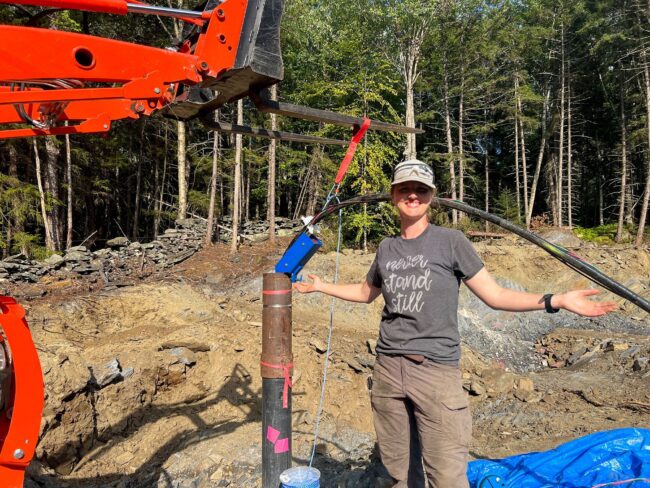Understanding the Installation Process of Water Boreholes
Exploring the Expertise Needed for Water Borehole Installation
Water boreholes are a valuable source of clean and sustainable water, especially in areas where access to traditional water sources may be limited or unreliable. The Borehole Installation Cheshire of a water borehole involves several key steps and considerations, making it essential to understand who can undertake this process and what it entails.
Installing a water borehole requires specialized knowledge, skills, and equipment to ensure a successful and efficient process. Professionals such as hydrogeologists, drilling contractors, and licensed technicians are typically involved in the installation and maintenance of water boreholes, ensuring compliance with regulations and best practices.
When it comes to installing a water borehole, it’s crucial to work with experienced professionals who understand the geological conditions of the area and have the expertise to assess groundwater availability. Good hydrogeologists play a vital role in site evaluation, conducting surveys and tests to determine the suitability of the location for borehole installation. Their expertise helps identify potential risks such as contamination and ensures the sustainable use of groundwater resources.

Once the site is evaluated and deemed suitable, drilling contractors step in to execute the borehole installation process. These professionals use specialized drilling rigs and equipment to penetrate the earth’s surface and reach the aquifer or water-bearing rock formations below. The drilling process requires precision and careful monitoring to prevent environmental damage and ensure the integrity of the borehole.
After drilling is complete, licensed technicians install the necessary pumping equipment, such as submersible pumps or hand pumps, to extract water from the borehole. They also oversee the installation of casing and well screens to protect the borehole from external contaminants and maintain water quality. Regular maintenance and monitoring are essential to ensure the continued functionality and efficiency of the borehole system.
It’s important to note that the installation of water boreholes must comply with local regulations and permits. Depending on the jurisdiction, permits may be required from government agencies or local authorities to ensure environmental sustainability and groundwater protection. Working with knowledgeable professionals who adhere to industry standards and regulations is key to a successful water borehole installation that provides a reliable and sustainable water source for various applications, including domestic, agricultural, and industrial use.